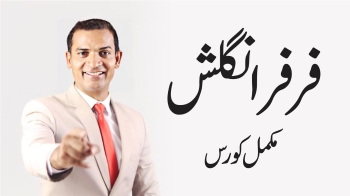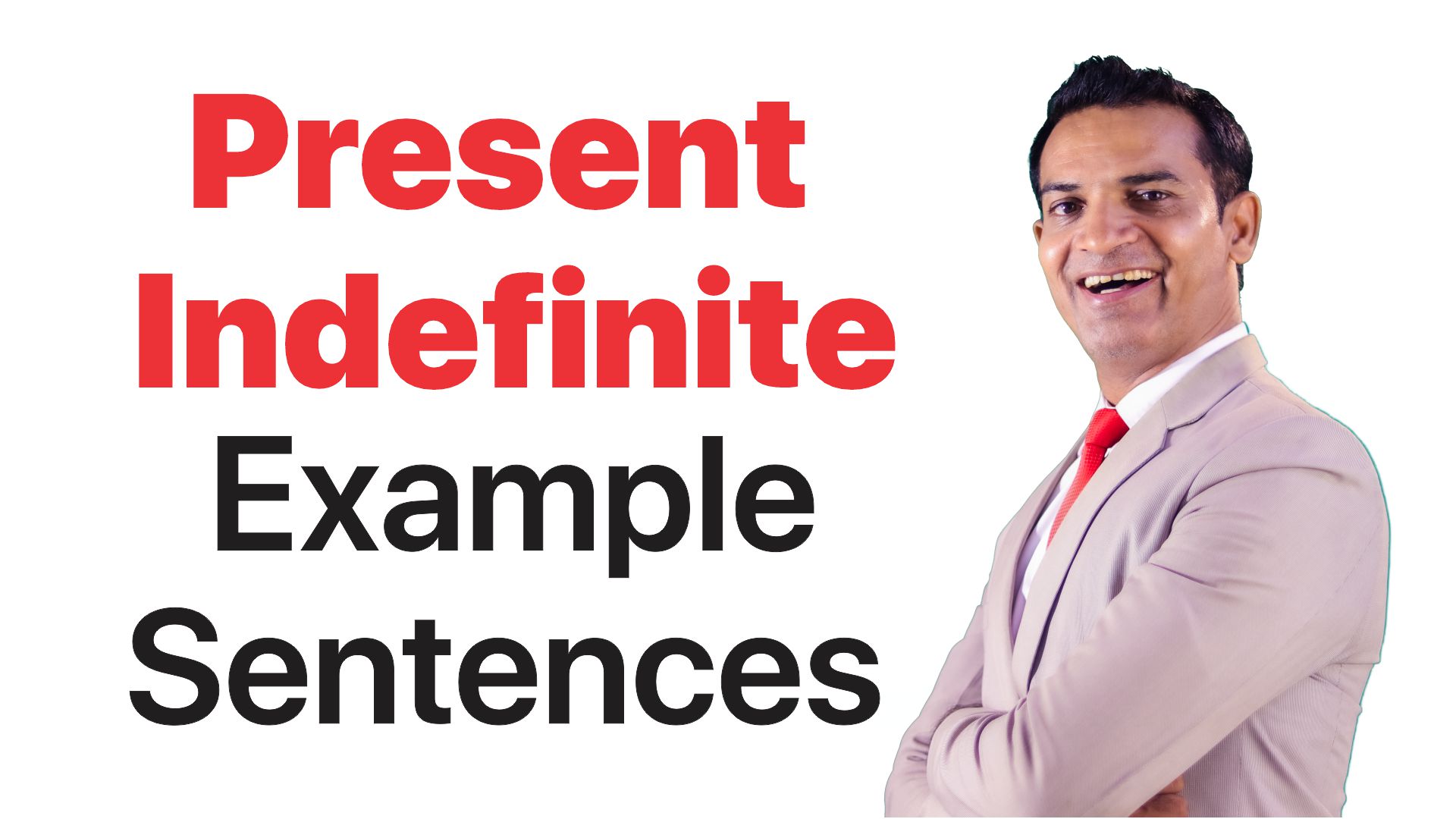Learn English Grammar: Conditional Verb Forms In English

Effective communication skills begin with having good grammar.
This means that you should focus on the simple formatting of English words by using the right tenses.
Conditional tenses are words that are used to state what we would foresee would happen or what we wish would have happened or a guess on what might have happened.
When using conditional phrases most of the sentences contain the word if.
Most of the conditional sentences make use of verbs in the past tense.
The verbs used are most commonly known as ‘the unreal past’, because they might be actually explaining something that really did not happen in the past.
There are many ways of formulating conditional sentences and in these sentences the format usually contains an ‘if’ followed by another main clause.
When using a negative conditional sentence, most of the time the word ‘unless’ is used apart from the word ‘if’.
|
Examples of conditional sentence types |
When to use them |
The verb tense in the if clause |
Following main clause verb tense |
|
Zero |
Use of general truths |
The simple tense |
The simple present |
|
Type 1 |
A possible condition and its possible result |
The simple present |
The simple future |
|
Type 2 |
A hypothetical condition and its possible result |
The simple past |
Present conditional or present continuous conditional |
|
Type 3 |
An unreal past condition and its probable result in the past |
Past Perfect |
Perfect conditional |
|
Mixed Type |
An unreal past and its probable result in the present |
Past perfect |
Present conditional |
The Zero Conditional
The zero conditional is normally used in situations referring to the present or all the time situations and the situation being talked about is most likely to happen in a real situation.
It is therefore used to refer to the general truths of life.
The tense used in modification of the verbs is the simple present.
It should be noted that at times the zero conditional word ‘when’ can be used in exchange of the word ‘if’.
For example;
|
If clause |
Main clause |
|
If + simple present clause |
Simple present |
|
If she goes to the market |
She buys cake. |
|
If you heat water |
It melts. |
|
If it is sunny |
I sweat |
Type 1 Conditional
The type 1 conditional phrase is usually uses the present or future tense and when the situation being referred is usually real.
Generally it is used to refer to a probable condition accompanied with a probable result.
When using this form of modified verb form the ‘if’ clause is usually referred in the simple present while the main clauses is phrased in the simple future form.
|
If clause |
Main clause |
|
If + simple present |
Simple future |
|
If the rain falls |
My clothes will not dry. |
|
If you miss the job interview |
You will not get the job. |
|
If you eat stale meat |
Your stomach will ache. |
Type 2 Conditional
The type 2 conditional usually refers to a present time or any other time and the situation referred to is unreal.
The phrases used do not refer to factual situations.
It refers to a hypothetical situation whose result is not determinable.
When phrasing these sentences the ‘if’ clause is usually put in the simple past form while the main clause is usually phrased in the present conditional.
|
If clause |
Main clause |
|
If + simple past |
Present conditional + Present continuous conditional |
|
If you left the house earlier |
You would not have been late for work. |
|
If you had planted the seeds earlier |
They would have already sprouted. |
|
If I had done that course |
I probably would have gotten that job. |
|
If they had started cooking earlier |
The guests wouldn’t have left hungry. |
Type 3 Conditional
The type 3 conditional is used to refer to a past time that is not true in the real sense.
Facts usually expressed referring to an unreal past condition and it’s unreal probable result.
The if clause uses the past perfect tense while the main clause uses the perfect conditional or perfect continuous conditional tense.
|
The ‘if’ clause |
The main clause |
|
If + past perfect |
Perfect conditional or perfect continuous conditional tense |
|
If you would have studied earlier |
You would have passed. |
|
If I had accepted that gift |
I would have been going to the resort. |
Mixed Type Conditional
It refers to a time that happened in the past and the situation being talked about is still happening in the present.
When using the mixed type conditional, the ‘if’ clause is expressed in the past perfect while the main clause is expressed in the present conditional tense.
|
If clause |
Main clause |
|
If + past perfect or simple past |
Present conditional or perfect conditional |
|
If I had gone to the fair |
I would have met the first lady. |
Invalid YouTube URL
Effective communication skills begin with having good grammar.
This means that you should focus on the simple formatting of English words by using the right tenses.
Conditional tenses are words that are used to state what we would foresee would happen or what we wish would have happened or a guess on what might have happened.
When using conditional phrases most of the sentences contain the word if.
Most of the conditional sentences make use of verbs in the past tense.
The verbs used are most commonly known as ‘the unreal past’, because they might be actually explaining something that really did not happen in the past.
There are many ways of formulating conditional sentences and in these sentences the format usually contains an ‘if’ followed by another main clause.
When using a negative conditional sentence, most of the time the word ‘unless’ is used apart from the word ‘if’.
|
Examples of conditional sentence types |
When to use them |
The verb tense in the if clause |
Following main clause verb tense |
|
Zero |
Use of general truths |
The simple tense |
The simple present |
|
Type 1 |
A possible condition and its possible result |
The simple present |
The simple future |
|
Type 2 |
A hypothetical condition and its possible result |
The simple past |
Present conditional or present continuous conditional |
|
Type 3 |
An unreal past condition and its probable result in the past |
Past Perfect |
Perfect conditional |
|
Mixed Type |
An unreal past and its probable result in the present |
Past perfect |
Present conditional |
The Zero Conditional
The zero conditional is normally used in situations referring to the present or all the time situations and the situation being talked about is most likely to happen in a real situation.
It is therefore used to refer to the general truths of life.
The tense used in modification of the verbs is the simple present.
It should be noted that at times the zero conditional word ‘when’ can be used in exchange of the word ‘if’.
For example;
|
If clause |
Main clause |
|
If + simple present clause |
Simple present |
|
If she goes to the market |
She buys cake. |
|
If you heat water |
It melts. |
|
If it is sunny |
I sweat |
Type 1 Conditional
The type 1 conditional phrase is usually uses the present or future tense and when the situation being referred is usually real.
Generally it is used to refer to a probable condition accompanied with a probable result.
When using this form of modified verb form the ‘if’ clause is usually referred in the simple present while the main clauses is phrased in the simple future form.
|
If clause |
Main clause |
|
If + simple present |
Simple future |
|
If the rain falls |
My clothes will not dry. |
|
If you miss the job interview |
You will not get the job. |
|
If you eat stale meat |
Your stomach will ache. |
Type 2 Conditional
The type 2 conditional usually refers to a present time or any other time and the situation referred to is unreal.
The phrases used do not refer to factual situations.
It refers to a hypothetical situation whose result is not determinable.
When phrasing these sentences the ‘if’ clause is usually put in the simple past form while the main clause is usually phrased in the present conditional.
|
If clause |
Main clause |
|
If + simple past |
Present conditional + Present continuous conditional |
|
If you left the house earlier |
You would not have been late for work. |
|
If you had planted the seeds earlier |
They would have already sprouted. |
|
If I had done that course |
I probably would have gotten that job. |
|
If they had started cooking earlier |
The guests wouldn’t have left hungry. |
Type 3 Conditional
The type 3 conditional is used to refer to a past time that is not true in the real sense.
Facts usually expressed referring to an unreal past condition and it’s unreal probable result.
The if clause uses the past perfect tense while the main clause uses the perfect conditional or perfect continuous conditional tense.
|
The ‘if’ clause |
The main clause |
|
If + past perfect |
Perfect conditional or perfect continuous conditional tense |
|
If you would have studied earlier |
You would have passed. |
|
If I had accepted that gift |
I would have been going to the resort. |
Mixed Type Conditional
It refers to a time that happened in the past and the situation being talked about is still happening in the present.
When using the mixed type conditional, the ‘if’ clause is expressed in the past perfect while the main clause is expressed in the present conditional tense.
|
If clause |
Main clause |
|
If + past perfect or simple past |
Present conditional or perfect conditional |
|
If I had gone to the fair |
I would have met the first lady. |
0Comments
Like
Comment
Send
Top Rated Courses
Test Your Skill Set

Do you want to check how much tellented you are? Test your skill here and get certificate.





























 Instagram
Instagram
Comments